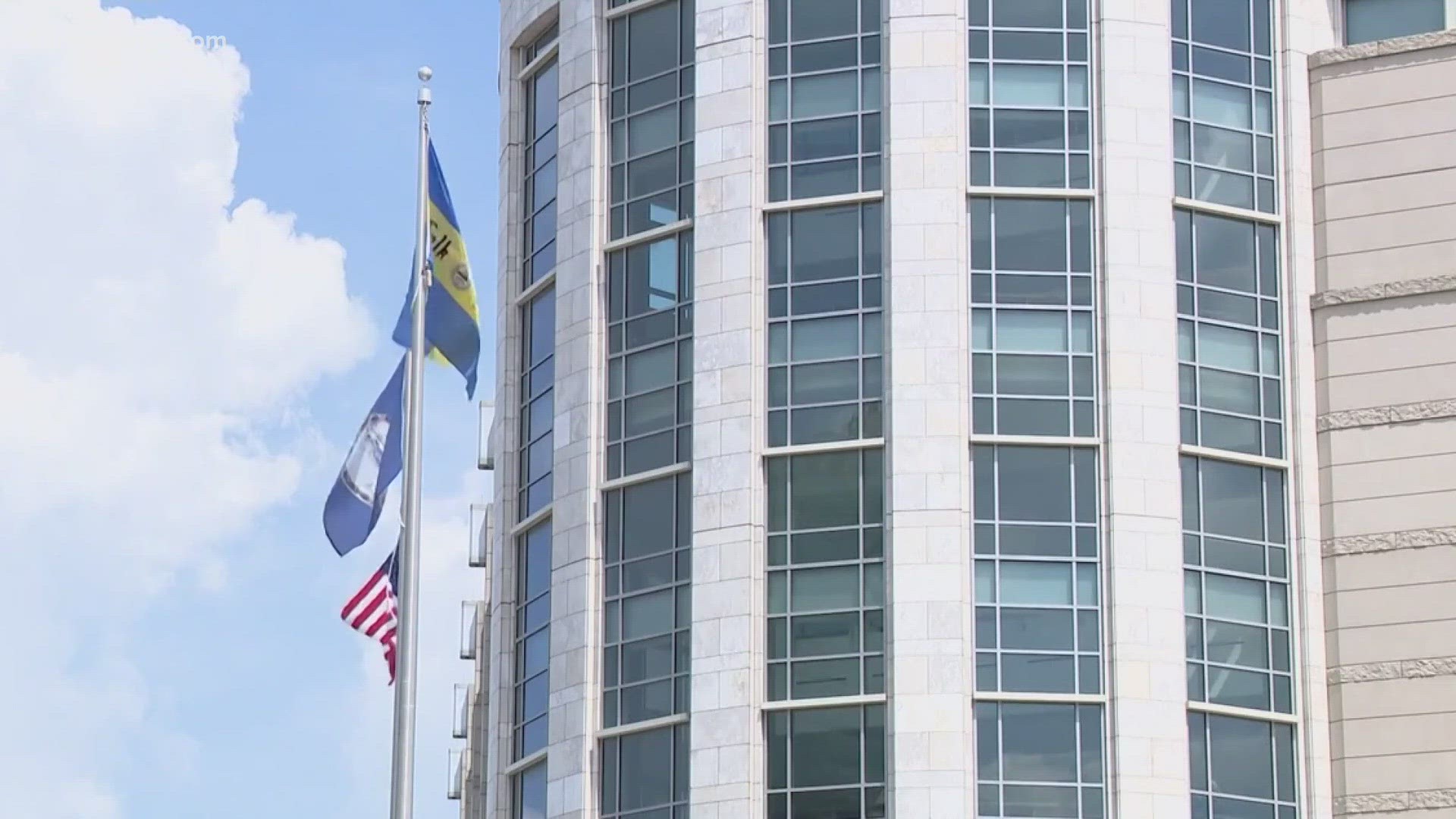NORFOLK, Va. — No one likes paying their car insurance premiums, but it is a part of being a legal driver in the state of Virginia. It can also come as a relief, if a driver ever gets into a bad accident.
But some attorneys say when push comes to shove, it can be difficult for people to access the coverage they pay for.
"I have people all the time think 'they are going to treat me fairly, I pay them for this," said Ed Booth, a personal injury attorney. "I have to tell them 'no,' those companies essentially become their adversary."
Booth, who has practiced in Virginia Beach as a personal injury attorney for years, said an enormous amount of his cases come from UIM (underinsured motorist) coverage cases. While these drivers may have insurance coverage, their liability limits could be too low to cover the medical expenses for any injured persons.
This can lead some insurance companies to act in "bad faith."
When an insurance company acts in "bad faith" the company is avoiding its contractual obligations to its policyholders. It can happen in a variety of ways, but one of the most common is refusing to offer a settlement within a reasonable timeframe.
Booth said often claims don't happen until days leading up to a trial.
"I had a client offered $15,000 just a few days before going to trial, something we've been fighting for months over," Booth said. "The jury saw right past that and gave my client well above that."
Now, these insurance companies could be held responsible if they are caught acting in bad faith.
It's part of Senate Bill 255, which would allow the insured or the insured's representative to seek an adjudication of a claim that the insurance company did not act in good faith.
It would happen as a post-trial motion before the court in which the underlying personal injury or wrongful death judgment was obtained or as a separate action against the company.
Booth said it would incentivize companies to give fair settlements to those who are paying for their services, and punish those who act in bad faith.
"Let me be clear - this only works if it is proven these companies are acting in bad faith," Booth said. "If there is no bad faith, then there is no case."
However, several insurance companies are pushing back.
A spokesperson with the American Property Casualty Insurance Association claimed the rates for auto insurance would only go up for Virginia drivers as a result of the bill. It cited a 2022 independent actuarial study that found that similar legislation in Virginia could lead to an estimated 19% increase in premiums for underinsured/uninsured motorist (UM/UIM) coverage.
They claimed this bill goes even further and the increase for premiums could be even higher.
“This harmful bill could result in higher auto insurance costs for consumers at time when many can least afford it,” said Nancy Egan, vice president and state government relations counsel for the American Property Casualty Insurance Association.
Booth pushed back on this, claiming if insurance companies must raise rates to act in good faith, it proves they are making money doing the opposite and are acting in bad faith.
Ultimately, Virginia Gov. Glenn Youngkin will have the final word, as a bipartisan effort pushed Senate Bill 256 to the governor's desk. Youngkin will either give his signature or veto the bill, which could then impact thousands of Virginians.

